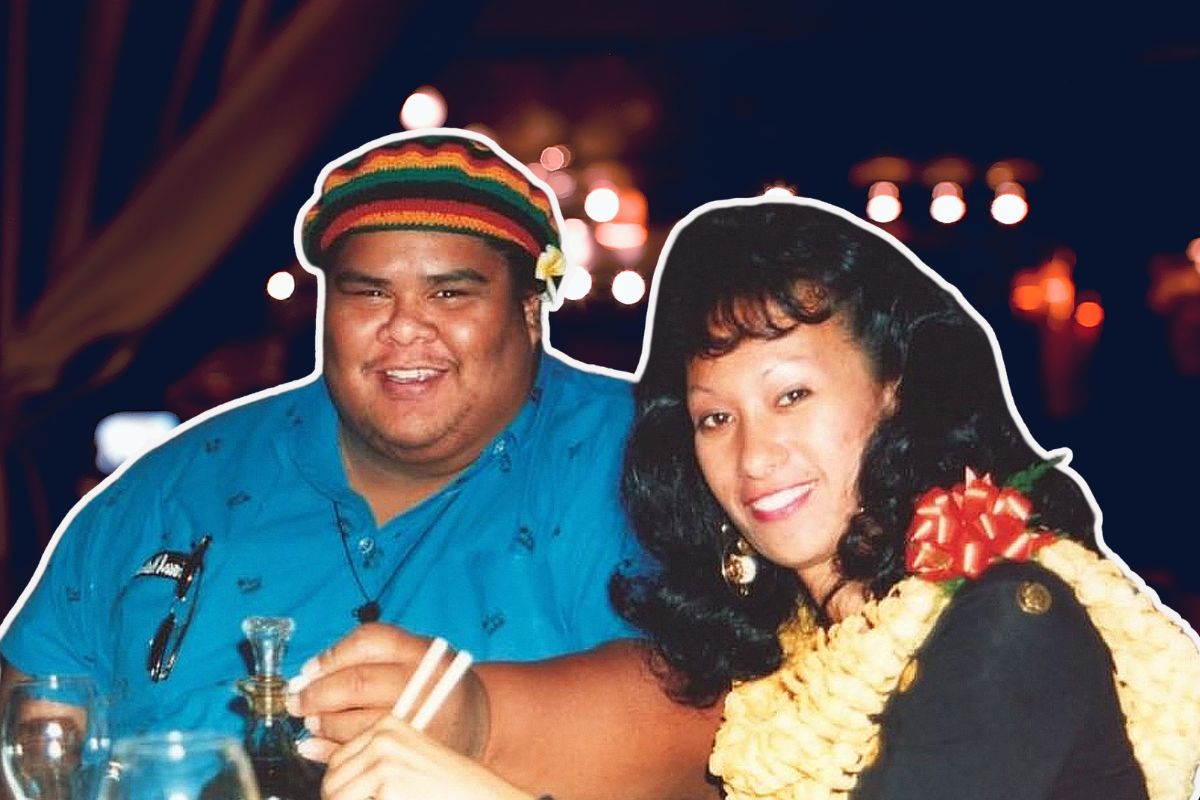Marlene Kamakawiwoʻole – A Tribute to an Iconic Hawaiian Voice

Marlene Kamakawiwo’ole is a name that resonates deeply within the Hawaiian music community and beyond, noted for her work both in traditional and modern Hawaiian music. Although not as widely recognized internationally as some other Hawaiian musicians, she is a cultural icon in Hawaii and a guardian of its traditions. With a powerful voice and a deep love for Hawaiian culture that sometimes takes her all over the islands, Marlene Kamakawiwo’ole has become a symbol of beauty and spirit in the Aloha State.
Early Life and Musical Journey
Marlene Kamakawiwoʻole was ‘born and raised in Hawaii ‘, where people consider music as more than simply something that entertains you—it’s a thing that integrates into their daily lives and also carries on cultural heritage. Kamakawiwoʻole is born from Hawaiian tradition and means “eyes that shine with happiness.” Her name would prove to be prophetic shown by he career indeed shining with joy in love and pride for all things Hawaiian.
Surrounded by Hawaii’s rich musical heritage, Marlene grew up singing as she took in each new experience sponsored by the islands. Marlene was already belting out her favorites from the local pop charts as a child performer with a love for music on her first sight of light. The music in Hawaii, combined with this cultural background, gave her an ideal place to grow artistically. Legend has it that one day she’ll meet someone who can really appreciate what she’s trying to do.
Marlene’s voice has often been described as soft and soothing, yet powerful when necessary. Her voice, with its emotional depth of sound, causes deep emotions in the listener. Her songs were full of nostalgia and joy as she sang traditional Hawaiian chants.
Also Read: Gabby Pitso: Rising Star in the Music Industry
Musical Style and Influence
Marlene Kamakawiwoʻole’s music is best characterized as a blend of traditional Hawaiian music and contemporary influences. She maintained a keen feeling for the classic Hawaiian slack-key guitar and other traditional instruments, such as the ukulele, but also experimented with contemporary genres like folk and pop music. Whatever she was doing, by pivoting nimbly from one style to the next, she made herself a rare and special force on the Hawaiian music scene and her music appealed to people of all backgrounds, not only native Hawaiians.
One of the things that defines Marlene’s musical style is her integration of storytelling. Every music has a story and Hawaiian music goes back to the tradition of “mele” (song), which tells stories, histories, and personal experiences. Marlene’s songs are not mere performances — they are messages. Every song was infused with meaning and a sense of purpose, whether she was singing about love, the beauty of the land, or the spirit of aloha — in a way, she made her music both personal and relatable.
Her signature voice, ukulele and later her guitar, gave an intimate feel to her performances, as though you were a part of the story she was telling. This talent for forging a link with her audience is one of the defining features of her musical legacy.
The Legacy of “Somewhere Over the Rainbow” and the Kamakawiwoʻole Family
Marlene Kamakawiwoʻole was less known outside of Hawaii, but the fact that she was married to another Hawaiian musical icon, Israel Kamakawiwoʻole — gave her some international fame. Israel, or “Iz,” is widely considered one of the greatest Hawaiian musicians to ever live. His version of “Somewhere Over the Rainbow” went global and his legacy is celebrated in Hawaiian culture.
The shared depth of their love for Hawaiian music and culture forged a strong, collaborative bond between Marlene and Israel, each a pillar of the same musical family tree. Israel’s own name, on the international scene, is typically associated with Hawaiian music, but so was Marlene, when she was alive, an important preservationist and purveyor of Hawaiian musical traditions.
The impact of Israel Kamakawiwoʻole on Hawaiian music is incalculable and Marlene’s work continuing to celebrate Hawaiian culture and music is of equal importance. Their contributions helped make Hawaiian music a global phenomenon, bringing people together, no matter where they were. Marlene’s story, though unique to her, is inextricably linked to Israel’s legacy and the work she has continued doing to preserve their mutual love of Hawaiian music has been nothing short of priceless.
The Importance of Marlene Kamakawiwoʻole and Her Place in Hawaiian Culture
Marlene Kamakawiwoʻole’s influence on Hawaiian music was artistic but also cultural and political. As a native Hawaiian, she wielded her music as a tool to declare the need to protect the Hawaiian language, culture, and sovereignty. In her career, she emphasized the need to preserve Hawaii’s cultural traditions, particularly the Hawaiian language, which has been threatened with extinction over the decades because of outside interests.
Her advocacy for Hawaii was evident in her songs and the way she helped promote Hawaiian rights and culture. Marlene’s songs frequently conveyed messages of unity, pride, and respect for the land, befitting the values of the Hawaiian community and serving as an inspiration for the next group to fight for their culture and identity.
Marlene’s Enduring Impact
However, we don’t hear a lot about her getting the same international recognition as some of her contemporaries in music. She was one of the guardians of Hawaiian music that preserved its relevance so future generations would know what mele (song) could bring to their lives.
Her music remains a source of inspiration, not just for other musicians, but for people who want to embrace and share the spirit of aloha. Whether it’s her smooth, enchanting voice or her efforts in promoting Hawaiian culture, Marlene Kamakawiwoʻole’s legacy lives on as a symbol of both Hawaii’s people and its music.

